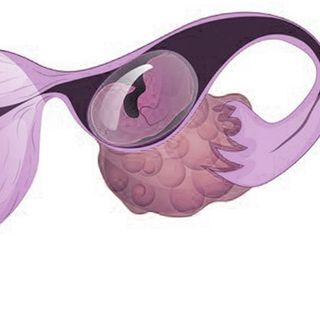Long gaps between two meals, for instance, between an early dinner and breakfast, helps obese people lose weight, new research has found. Published in the journal Obesity, the study found that coordinating meals with circadian rhythm (the body’s internal clock) can reduce appetite and improve metabolic health.
Previous studies had not been able to clarify whether long gaps between two meals help people lose weight by burning calories or by suppressing appetite, said the study’s lead author Courtney M. Peterson, Ph.D., an assistant professor of nutrition sciences at the University of Alabama at Birmingham. This is the first study to determine how meal timing affects 24-hour energy metabolism when food intake and meal frequency are matched.
For the study, researchers followed two groups of people who were given the same three meals per day for four days. The only difference was that the groups ate at different timings — an early-dinner schedule and a later-dinner schedule.
These two groups comprised a total of 11 men and women; six in the time-restricted feeding group and five in the control group. To be able to participate, all had to be in good health, between ages 25 and 45, and be overweight.
The participants in the early-dinner group had breakfast at 8 a.m. and ate their last meal at 2 p.m., then fasted for 18 hours until they could have breakfast the next day. On the other hand, the participants in the later-dinner group also had breakfast at 8 a.m. but their last meal was at 8 p.m., which means they fasted only for 12 hours before they could have their next meal.
On the fourth day, all participants underwent tests to assess their metabolism. They also rated various aspects of appetite — such as hunger, desire, and capacity to eat, and if they felt full.
Related on The Swaddle:
Crash Dieting May Give You More Belly Fat, High Blood Pressure
Researchers were able to assess their levels of hunger hormones from the morning and evening blood and urine samples of the participants. Participants in the early-dinner group showed lower levels of hunger hormones.
While there was little difference in the number of calories burned between the two groups, the early-dinner group did shed more weight. Researchers suggest eating the last meal of the day in the afternoon, rather than eating later, might help the body switch from burning carbohydrates to burning fat for energy.
However, researchers caution that the findings on fat burning are preliminary and call for a longer study to verify and confirm whether strategies such as early dining can help people shed unwanted body fat.




